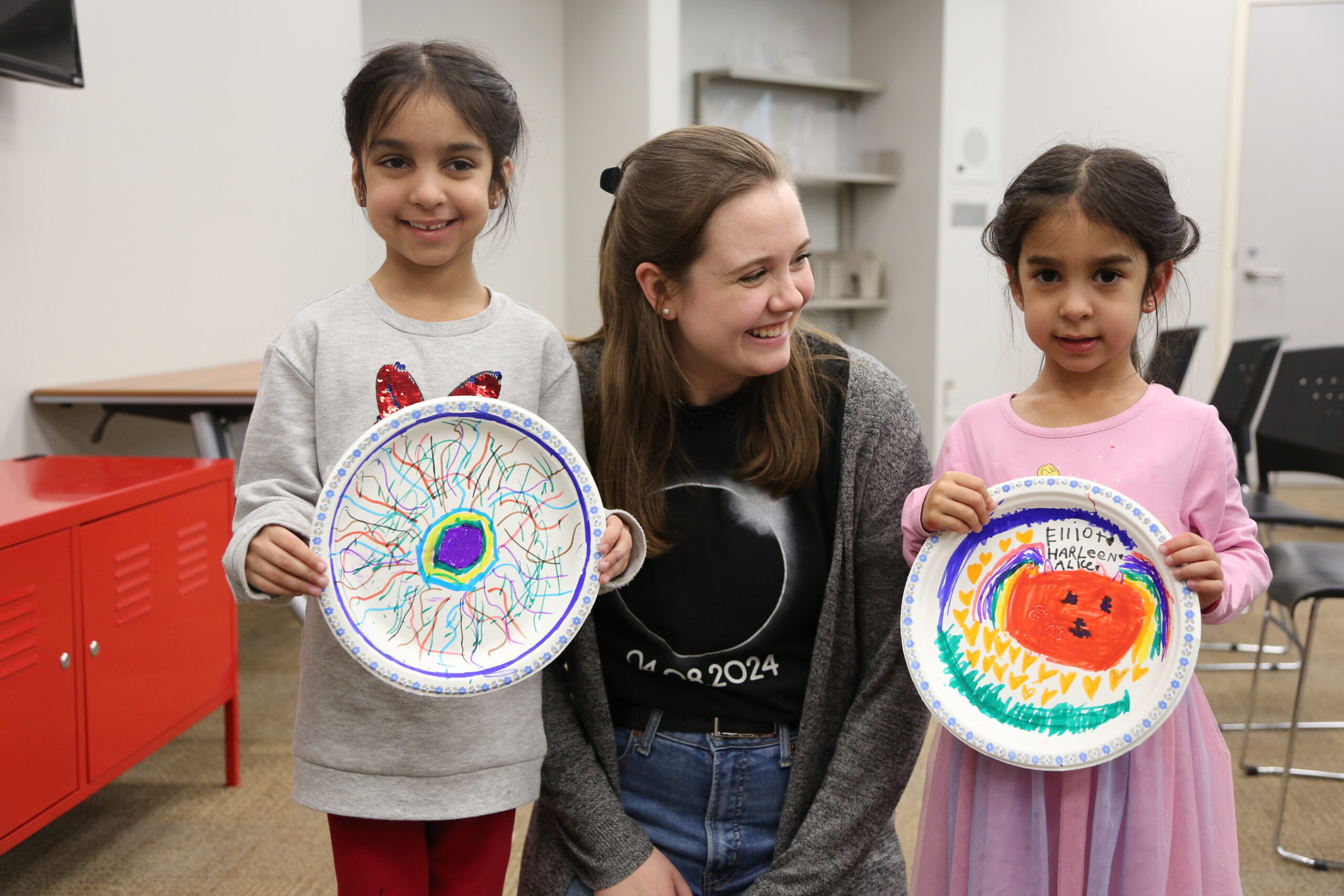New technique may better detect cystic fibrosis in newborns
Researchers have identified new biological markers of cystic fibrosis (CF), a genetic disease which affects children and young adults, leaving them with lifelong health complications including digestive problems and persistent lung infections.
The findings, published in the journal ACS Central Science, shed new light on the underlying mechanisms of CF. They may could lead to improved prognosis and better therapies for a disease which is quite variable, affecting different children in different ways, say researchers.
“There are chemical signatures in sweat that tell us an infant has CF even when they do not exhibit any symptoms,” says Philip Britz-McKibbin, lead author of the study and a professor in the Department of Chemistry & Chemical Biology at McMaster University. “We set out to discover whether there were chemical indicators detected in sweat that could complement the gold standard for CF diagnosis: the sweat chloride test.”
Related News
News Listing

Physics and Astronomy grad students offer out-of-this-world view at total solar eclipse viewing party
Community, Engagement excellence, Graduate students
April 8, 2024

The greatest of love stories: Panel shares Indigenous perspectives on the eclipse and astronomy
Community, Faculty, Outreach, science communication
April 8, 2024

